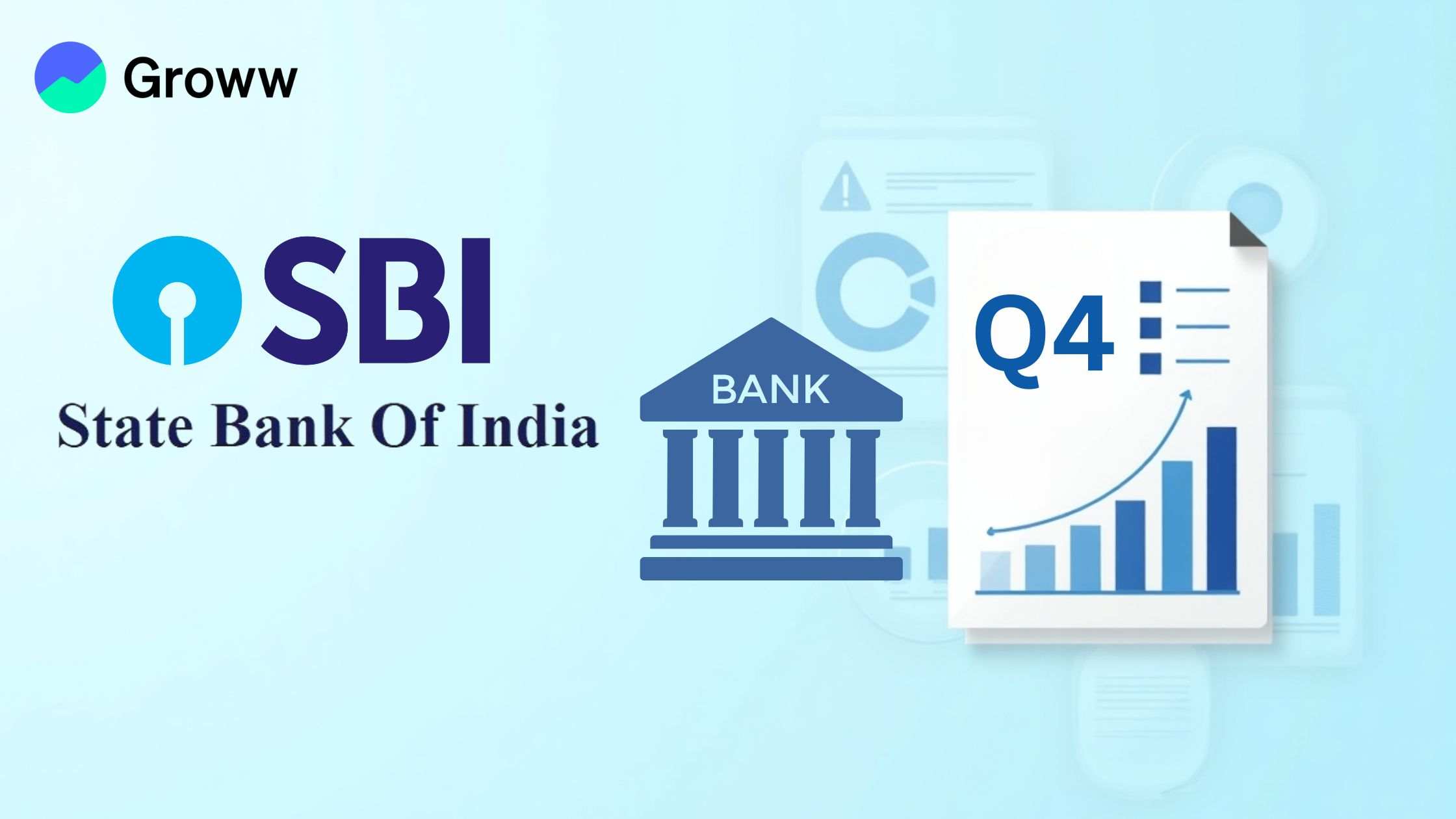SBI Q4 Preview: Wage Bill Weighs on Near-Term Earnings Amidst Operational Strength

State Bank of India (SBI), recognised as India's most-valued government company and holding a significant 19% share of outstanding loans. Consensus estimates from five brokerage firms project the bank's profit for the quarter to land within the range of ₹16,000 crore to ₹20,000 crore. This forecast represents a potential reduction of up to 22% compared to the previous year's figure, which exceeded ₹20,000 crore.
Impact of Wage Provisions
The anticipated decline in quarterly profit is primarily driven by substantial one-time wage provisioning costs, with a higher-than-expected wage revision set to weigh on March quarter results. Macroeconomic headwinds are also expected to add to the pressure.
Underlying Operational Strength
Despite near-term earnings pressure, several indicators point to SBI’s underlying strength. The bank is expected to maintain credit costs within the 40-50 basis points range for the fiscal year, supported by disciplined underwriting and ongoing recoveries. As of the December 2024 quarter, asset quality remained stable with a gross NPA ratio of 2.07% and a strong provision coverage ratio of 75%-rising to 92% including write-offs.
Loan growth stood at 13.8% year-on-year, driven by robust expansion in the retail segment, which accounts for nearly 36% of the portfolio, along with healthy growth in corporate and SME lending. A credit pipeline of ₹6.3 lakh crore supports projections of 14-15% growth, outpacing system-wide credit expansion. Deposits grew 9.8% year-on-year, contributing to a comfortable domestic credit-deposit ratio of 68.9%. Net interest margins were steady at 3.01%, aided by around 40% of the loan book being linked to MCLR, offering some cushion against possible future rate cuts.
Potential Headwinds and Market Perception
Public sector banks, including SBI, face potential headwinds such as social intervention costs, which may weigh on investor sentiment. Concerns also persist around comparatively weaker credit guardrails versus leading private peers, making valuations more susceptible to shifts in market perception. The prospect of a capital raise at below-book value adds to these concerns.
SBI continues to act as a barometer for the broader credit market, reflecting both positive and adverse economic trends. A pick-up in credit growth and easing risk aversion in capital markets could pave the way for a potential valuation re-rating.
In conclusion, while one-time wage provisions are set to impact SBI's fourth-quarter earnings, the bank's operational metrics, including strong loan growth and stable asset quality, suggest continued underlying fundamental strength. Investors will be focused on the official earnings announcement to fully assess the impact of the provisioning and gain further clarity on the outlook for the upcoming fiscal year.
Disclaimer: This news is solely for educational purposes. The securities/investments quoted here are not recommendatory.
To read the RA disclaimer, please click here